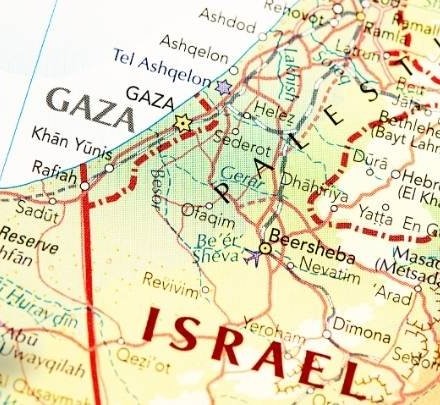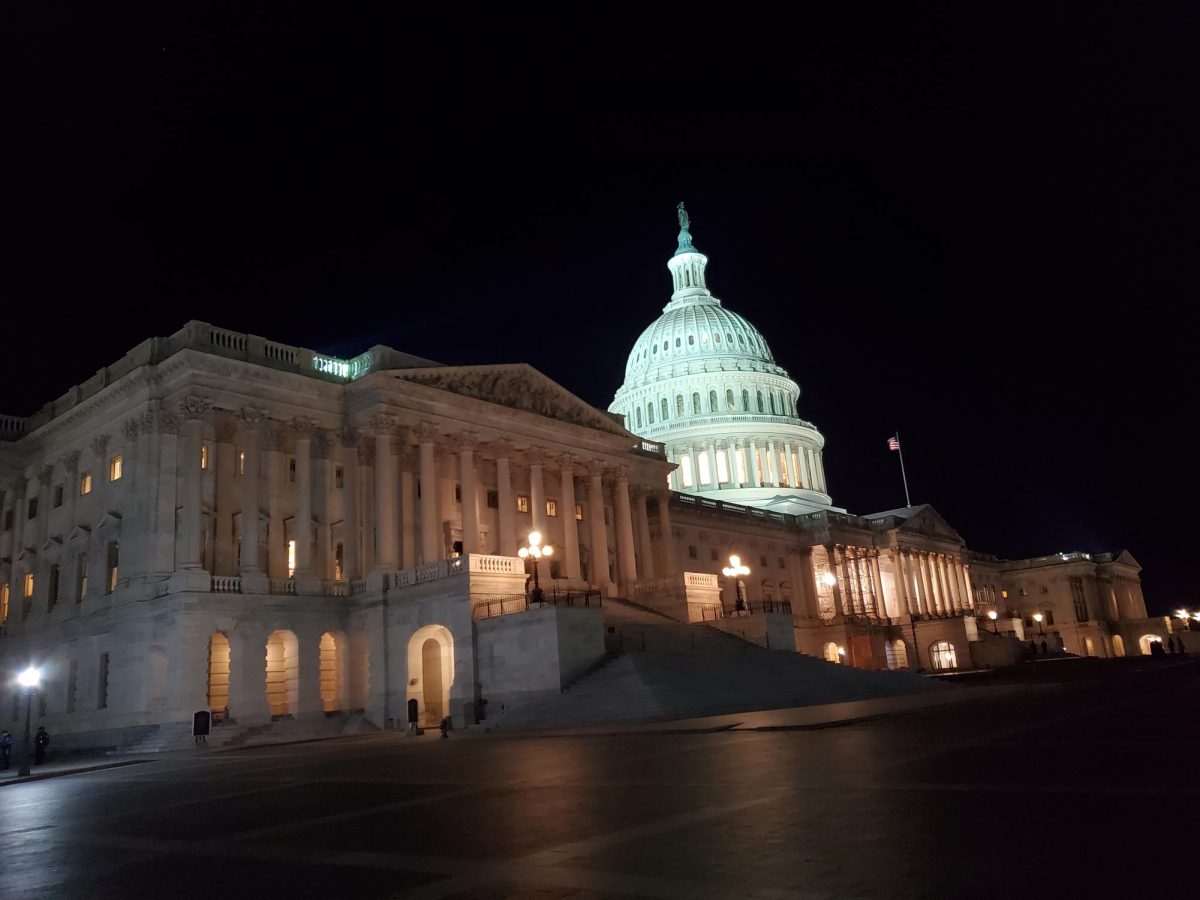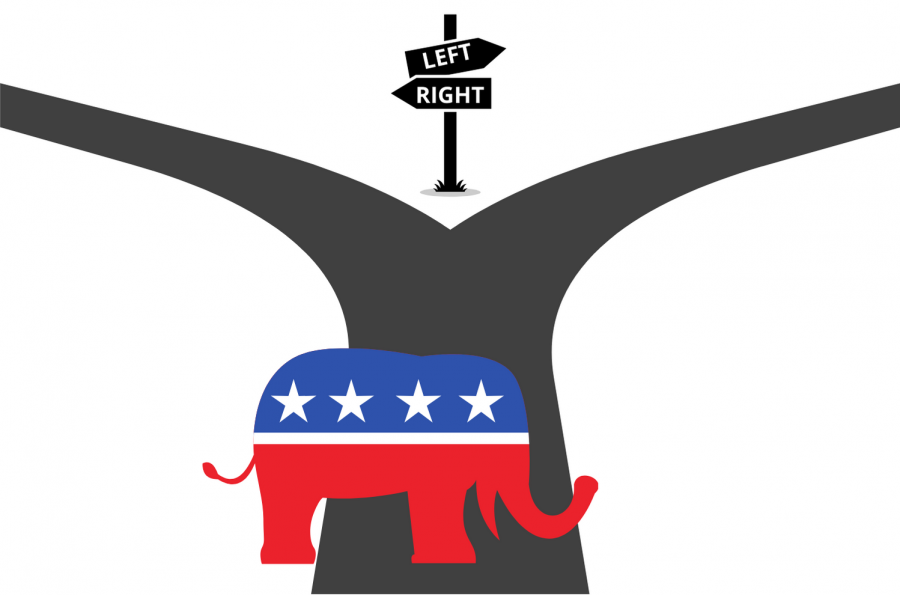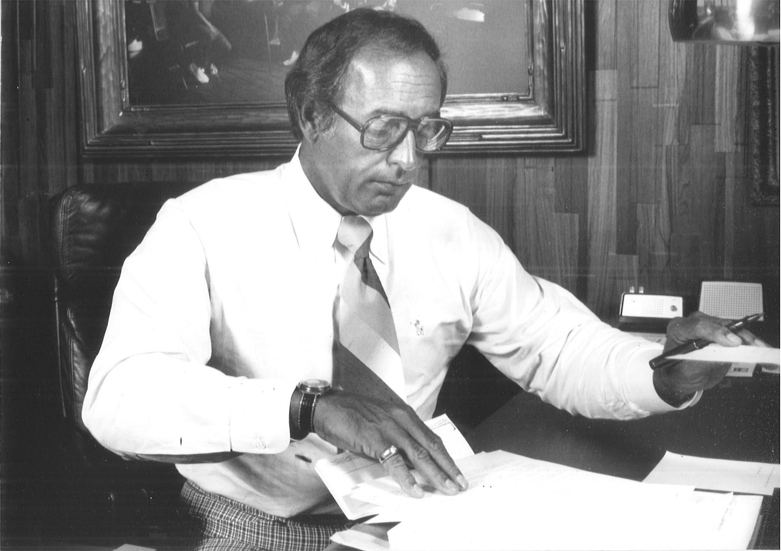Israeli Prime Minister Benjamin Netanyahu spoke before the General Assembly of the United Nations Thursday, stressing again the threat of the Iranian nuclear program and demanding stronger measures.
Holding up a cardboard cartoon depiction of a bomb, he drew a bold red line below the label “final stage,” stating that Iran may just back off if nations gave them a clear cut red-line.
Prime Minister Netanyahu did not state what Israeli actions would be if Iran reached the “final stage” of developing a nuclear weapon — a point which experts put at being 10 percent from having sufficient weapon grade material — but military actions are clearly implied.
Prime Minister Netanyahu continued to say that Iran backing down from the bold red line would gain more time for further sanctions and other peaceful measures of persuading the country to completely abandon plans for nuclear weapons.
As for when Iran might reach that line, the Israeli Prime Minister speculated that it would be sometime during the spring or summer of 2013, postponing it conveniently until after the American presidential elections coming up in a month. America has so far refused to put forth a similar ultimatum.
A leaked report from the Israeli Foreign Ministry, published earlier the same day, also called for heavier sanctions. An international report by the Foreign Ministry was leaked to a local news agency, Haaretz, and published the morning of the same day as Prime Minister Netanyahu spoke at the UN. An anonymous Israeli official familiar with the report confirmed the published details.
The report stated that current sanctions have already had a heavy impact on Iranian economy, and may even be causing instability in the Tehran government. But current sanctions have not been enough to deter the Iranian government from continuing in its pursuit of nuclear weapons, therefore the report called for a new round of heavy sanctions.
If these seems to show weakening of Israel’s stance against Iran, the Israeli Defense Minister offers a counteracting opinion, saying that the government should do what it could to avoid war, but ultimately, Israel would do what it needed to, “even at a painful price.”
Sanctions already in place have indeed been weakening the Iranian economy. Haaretz reported that Iran has lost up to half of its oil exports, which adds up to $40 billion since the start of this year.
The New York Times also reported increased inflation in the rial, Iran’s already unstable currency. It went from 24,600 rials to buy 1 dollar on the last Monday of September, to 34,800 rials for 1 dollar the first Monday of October.
The Central Bank of Iran also adopted a policy change as of Sept. 23, establishing a “foreign exchange center” with preferential rates for those importing necessary goods, such as meat, medicine, or grains.
But instead of calming worries, the new policy only served to escalate fears that the central bank was running low on dollars. Food prices continue to rise, almost doubling since last year, reported the Shargh, a moderate newspaper in Iran, using reports from the Central Bank.






